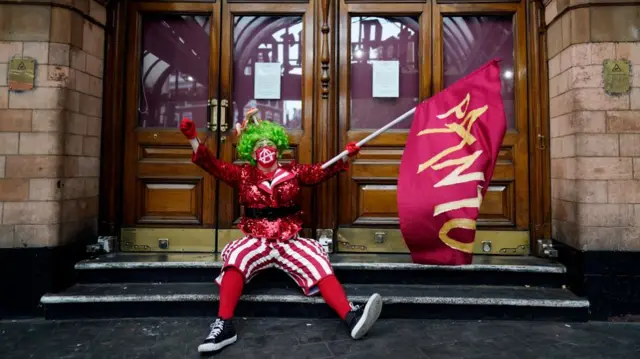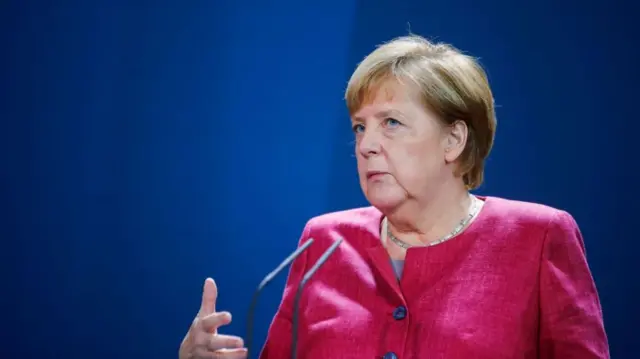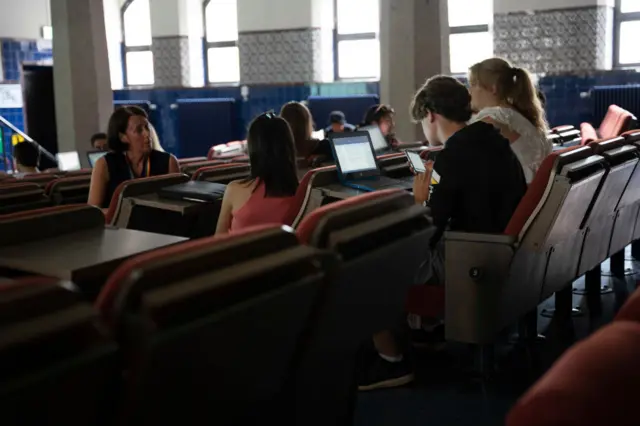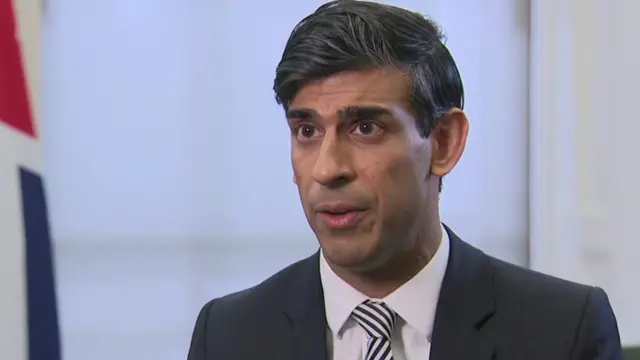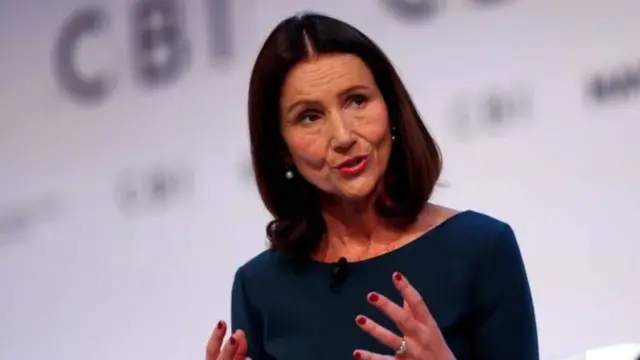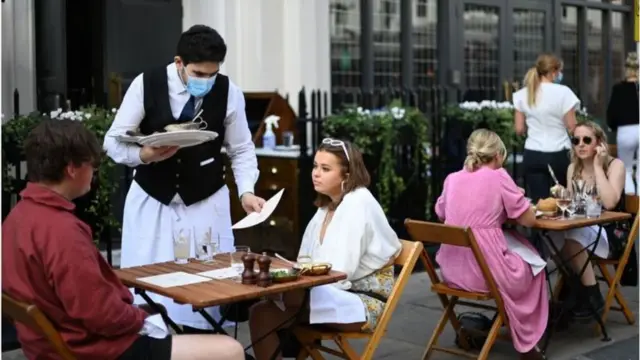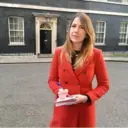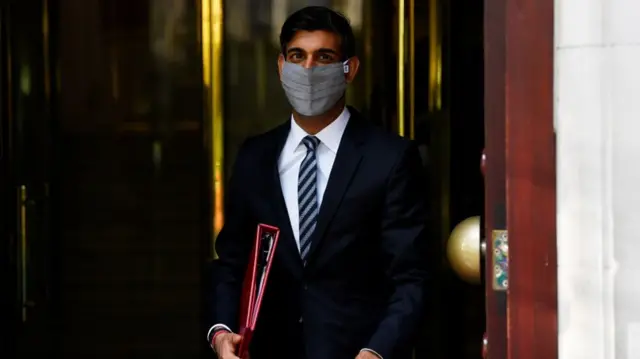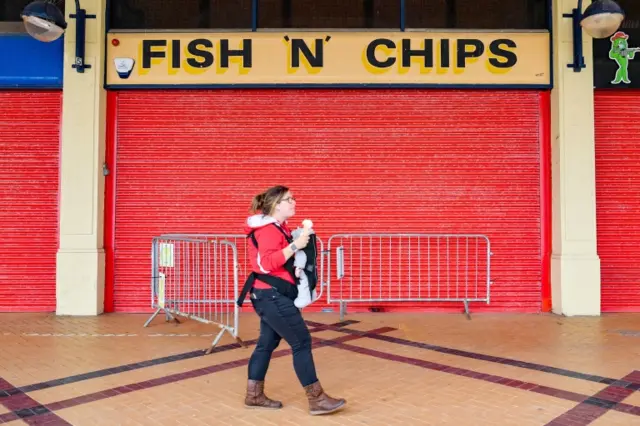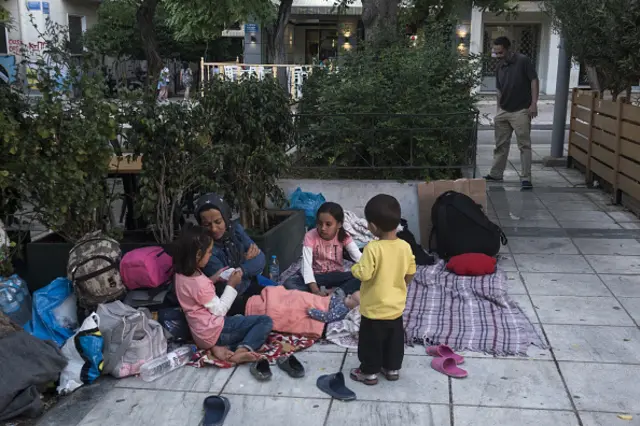Canada added nearly 400,000 jobs in Septemberpublished at 16:26 BST 9 October 2020
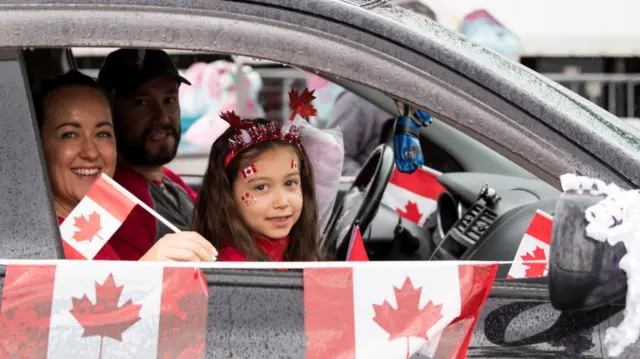 Image source, Getty Images
Image source, Getty ImagesCanada's economy added more than 378,000 new jobs in September, officials say.
Statistics Canada says almost all of these were full-time positions.
The gains mean that the job market is now within 720,000 positions of where it was back in February - just before the pandemic hit.
Three million jobs were lost in lost before the recovery started in June.
Canada has reported more than 178,000 infections, with more than 9,600 deaths, according to Johns Hopkins University.
